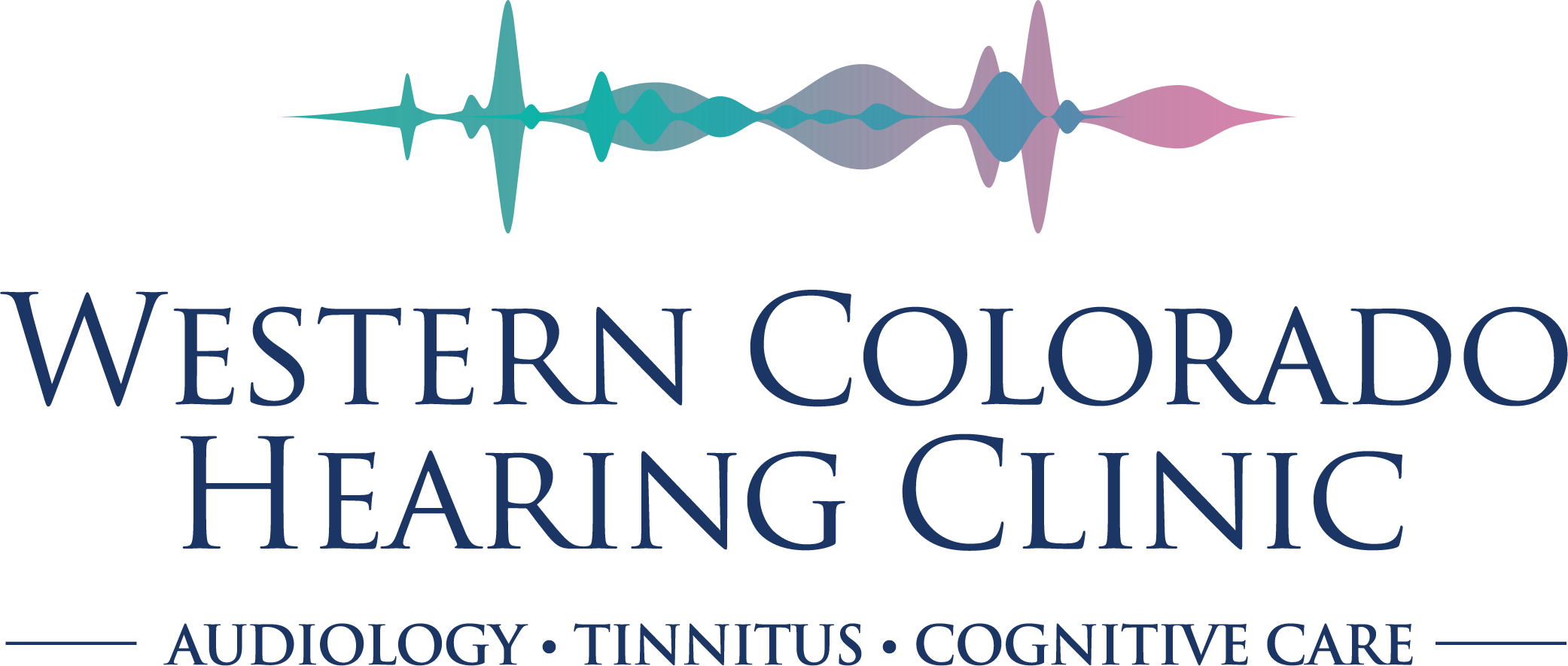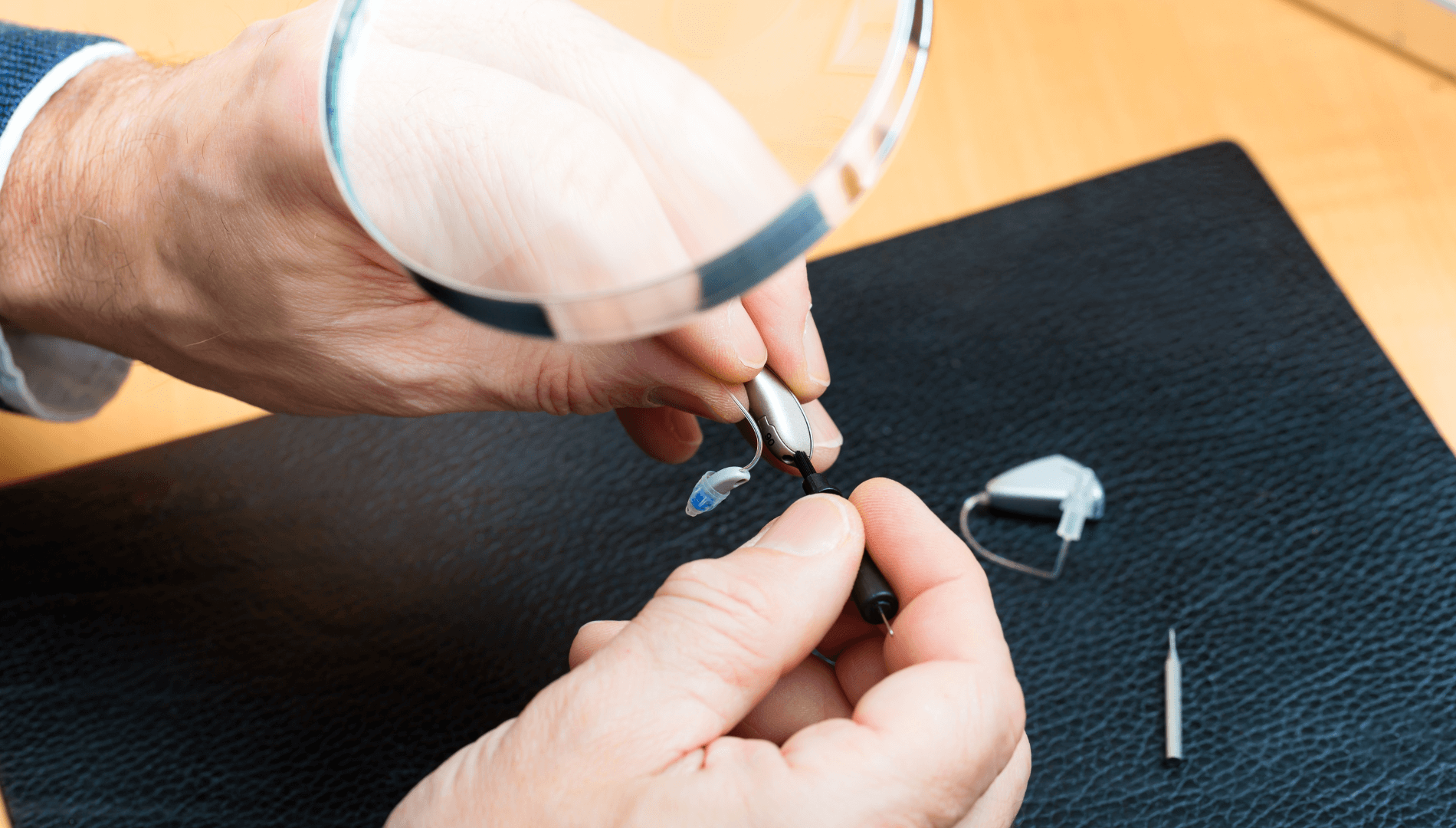We Moved! Visit us at
605 25 Rd, #100, Grand Junction, CO 81505
Impactful Healthcare
Return to Blog

Impactful Healthcare
It’s Better Speech and Hearing Month, which is a big deal for geeks like me who are really passionate about hearing health. In general, it’s a time to promote better communication through proper hearing and speech health, but for me, it’s a time to highlight just how profound an impact our ability to hear has on our overall health and vice versa.
Let’s start with health issues that impact hearing ability:
- Persons with diabetes have around a 200% higher prevalence of hearing loss.
- Persons with cardiovascular disease also have around a 200% higher prevalence of hearing loss.
- Noise exposure is the number one cause of hearing loss and more common in men than women (think career choice).
A little discussion point here to focus on is how common some of the above diseases and conditions are; diabetes affects around 50% of the population in the U.S., which is a larger portion of the population at risk for hearing loss than would be considered if we just assumed aging and noise exposure are the only ways a person develops hearing loss, which is a really common and incorrect assumption. With that noise exposure component, some 22 million workers are exposed to hazardous noise conditions daily in the U.S. (this is according to the CDC), which is a staggering number; and add that to the population in the U.S. that has diabetes and you’ve got yourself a pretty good case for a much higher likelihood for hearing loss. This should equate to primary healthcare professionals referring this population for baseline hearing testing, but there is a huge disparity between cause for referral to Audiology vs. actual referrals to Audiology (I’ll be highlighting this aspect in a later blog, stay tuned!)
Now, let’s focus on how hearing loss affects overall health:
- Persons with untreated hearing loss have up to a 300% higher prevalence of falling than those without hearing loss.
- Persons with untreated hearing loss have up to a 200% higher likelihood for depression related to social isolation, most significantly, for women.
- Persons with untreated hearing loss have a 32% higher chance of being hospitalized for a different health condition than those without hearing loss.
- Persons with untreated hearing loss have up to a 500% higher likelihood for dementia and cognitive decline than those.
Notice how the above list specifically states, “untreated hearing loss,” because that’s the key here. The numbers associated with these risks are only higher because the hearing loss is not treated. And, that’s my passion, that’s my goal with every person that walks through my door with hearing loss – lower those risks, get rid of that scary number and give them a chance to live their best life possible.



